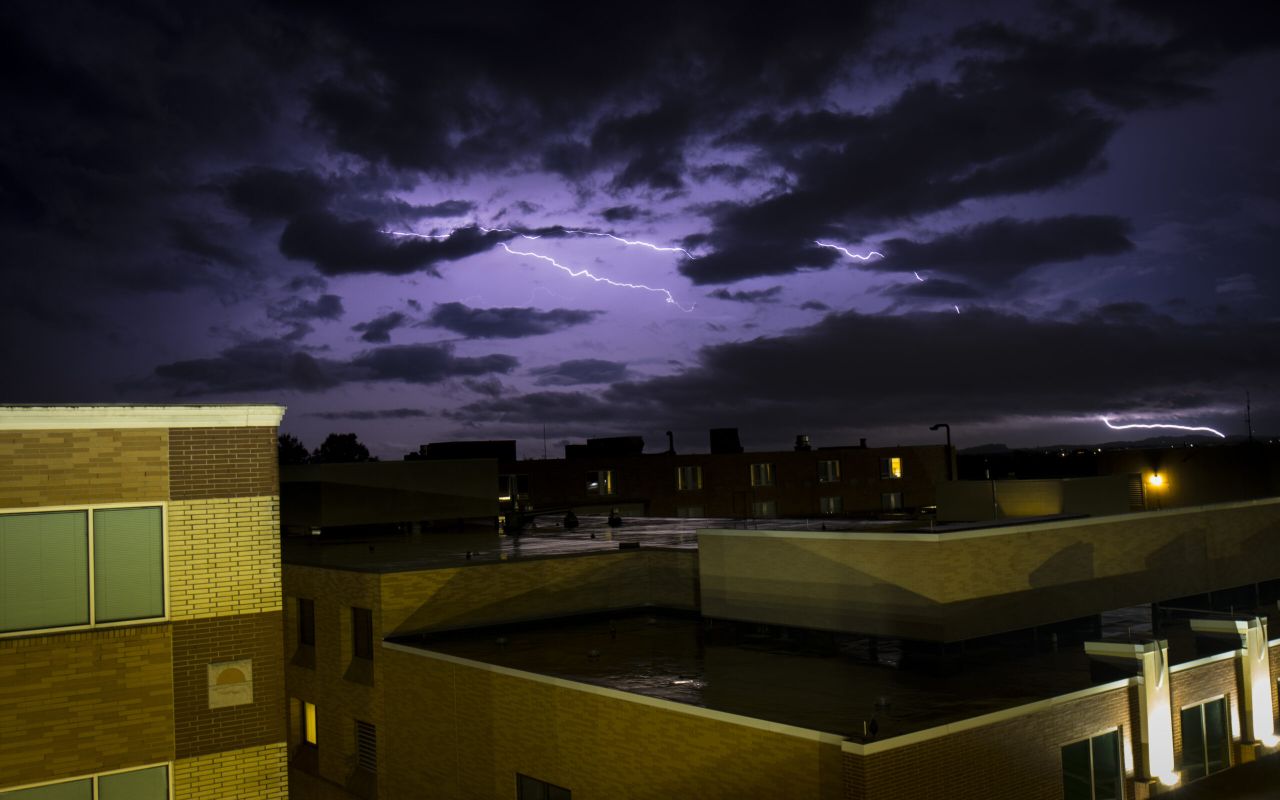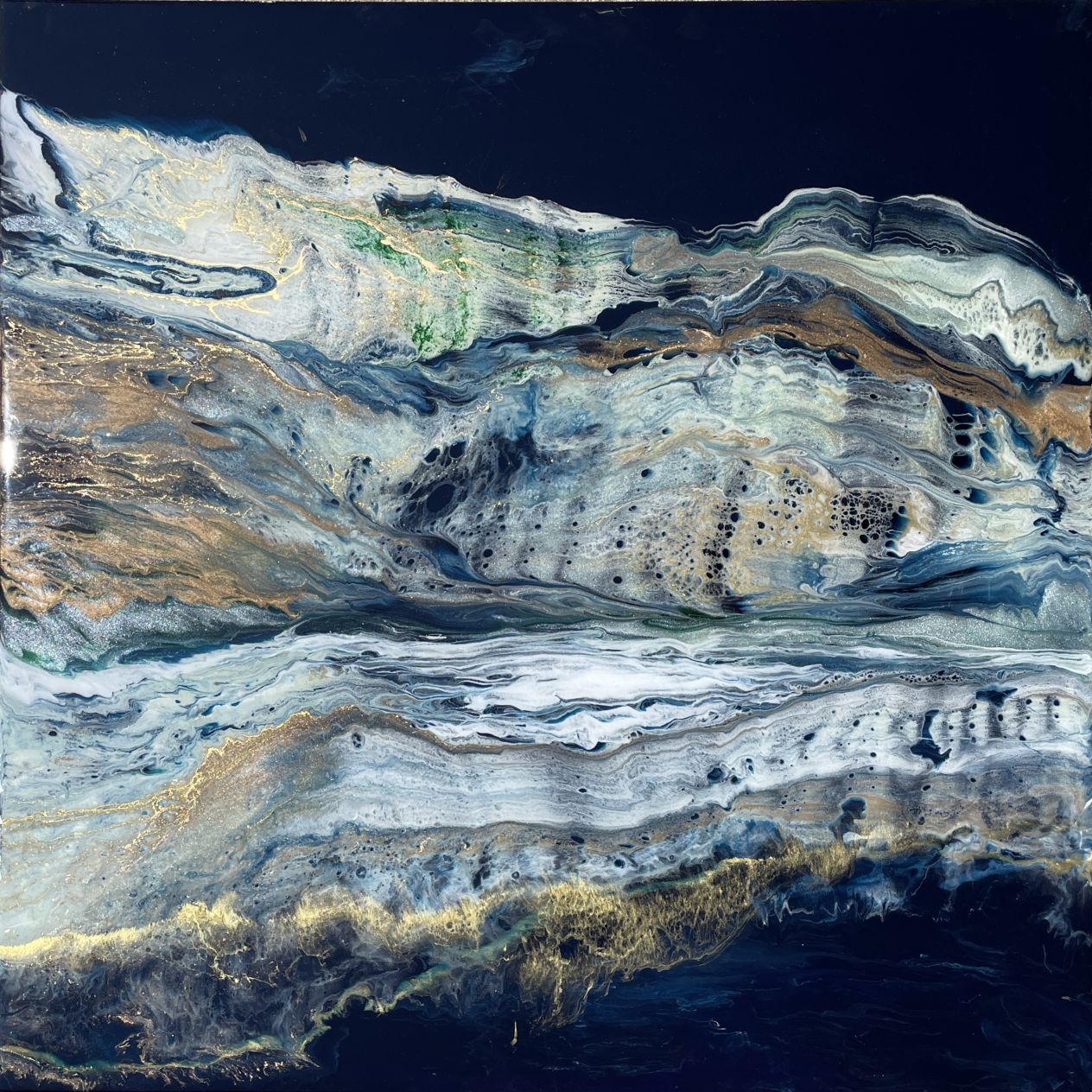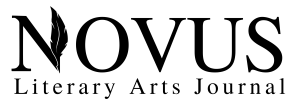Josh Feit

City Exegesis
3 A.M. turns cities into earlier centuries.
The streets turn into lanes. Streetlights into lanterns. Faces become countenances. The sky shows up gloomy.
It’s 3 A.M. in Lower Manhattan. The arsonist strolls into the frame wearing tennis shoes, a hoodie, cargo shorts, and a little kid’s backpack. His casual countenance reveals his gross misunderstanding of the facts. Sure, 3 A.M. lends itself to dreamy yearnings. But he shouldn’t downplay reverie. A serious enterprise: The songs we believe in after midnight are synonymous with the year I spent trapped in an apartment among living and dead mice, didn’t bathe once, and arrived two hours early to a party (that I was barely invited to) with cuts all over my face from the disposable razor. But don’t ever forget this either: Years later, in the dining car of the Coast Starlight, I took the porter’s advice and leaned out the door of the moving train to celebrate the blue and orange wind.
The arsonist crosses mid-block, carrying a Bic lighter, looking like he needs a shower, and believing in the Old Testament’s politics of fire. The footage catches him in the act. He walks toward the outdoor dining canopy in front of Prince St. Pizza, holds the lighter to it, flips back his biblical hair, and then strolls away as a bush of flames grins for the camera. The incriminating video startled the city and helped the police tie him to at least one other felony arson two blocks away where another outdoor dining tent had been burned down.
It turns out, this arsonist was none other than Food & Wine’s recent Sommelier of the Year. Once the wine director at Eleven Madison Park, the best restaurant in the world, according to the New York Times. And currently, at 35, the managing partner at La Compagnie des Vins Surnaturels, his own successful Soho bar. You’d think curating cups of wine would make him an ally to the city’s singers, belly-dancers, sorcerers, workers, jesters, shop owners, smooth-skinned lads, and spies. The outdoor dining tents that have replaced parking spaces worldwide are theirs. Restaurants at night that turn into parks during the day; that turn into vaccine clinics, pop-up clothing shops. Dining cars on trains.
The sommelier’s crime insinuates more than arson. I’d charge him with ignoring this century’s yearnings. I want to sit him down and tell him: The city is not against you. The night is for you. For you, who doesn’t want to know. For you, who doesn’t even know what’s happening. For you, who wants to know, but is too shy to ask. Drink your four cups of wine, children. From here on out, the Old Testament doesn’t have to be the sole domain of pyromaniacs.
Infrastructure
The head understands
bodies create more space than
they eliminate.
The exact same math defines
the souls of elevators.

A Tanka to Remember our Ancient City
For a period of seven years, I sang opera arias
floating on water wearing a giant dress made of umbrellas
I wasn’t aware of it at the time
We were not aware of what we were
doing when we waltzed upon
Rte. 355 at 4 in the morning.
Stepping lightly:
One,
two,
three.
One,
two,
three.
We couldn’t explain it to the man who swerved
to a halt and emerged
cursing at us from his beige VW Rabbit
Now I can explain it: we saw pavement as a way to tell time.
I’m trying to be more conscious
of what’s happening while it’s happening.
What are the facts? What are the questions?
What are the options?
And what does it mean?
Let me pause. Let me savor last Friday:
The Siamese cat
likes food wet. Sleater-Kinney
released a box set?
We could drive, but let’s waltz to
town. Every step cuneiform.
*The first two lines of this poem quote Dutch composer Laura Stavinoha.

